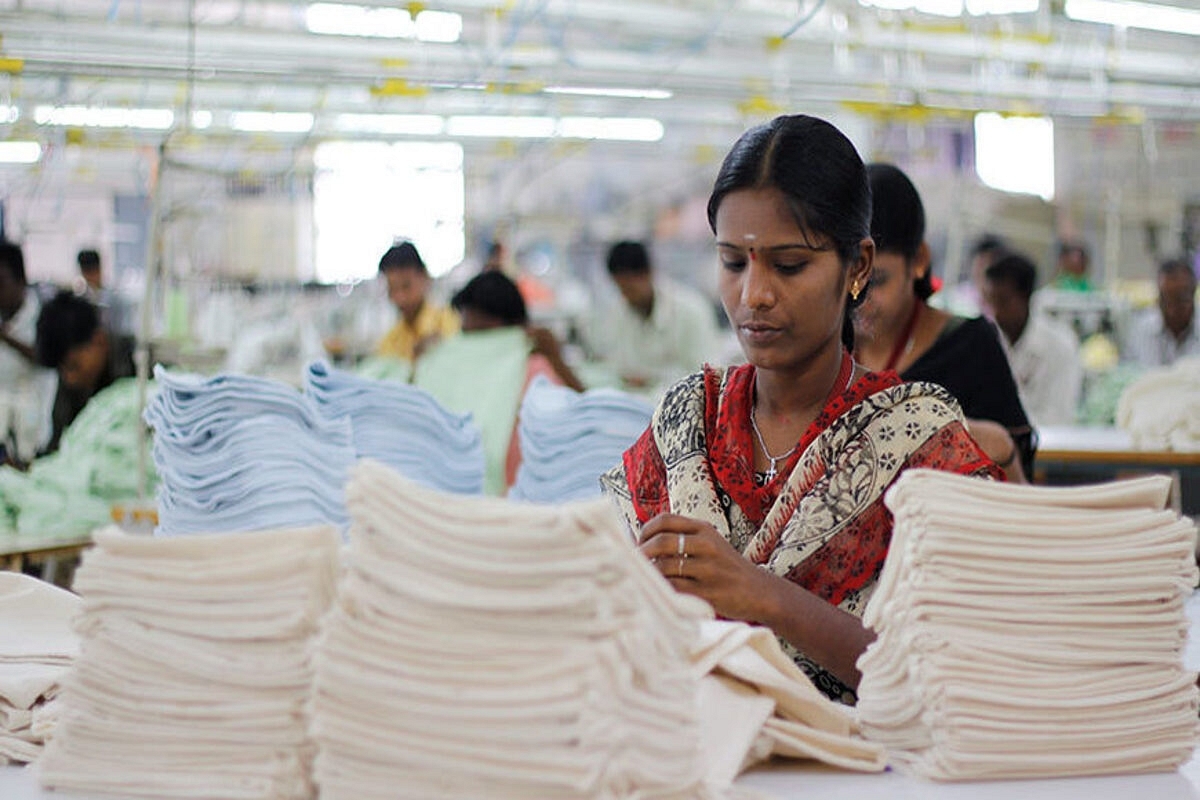News Brief
Tamil Nadu Dominates With 43 Per Cent Of India's Women Workers In Manufacturing Sector: Labour Ministry Survey Reveals

Approximately 15,80,000 women work in India's manufacturing sector. (Representative Image)
According to the Annual Survey of Industries (2019-20) by the Indian Labour Ministry, approximately 15,80,000 women work in India's manufacturing sector, with around 43 per cent of them employed in the southern state of Tamil Nadu.
Additionally, Tamil Nadu ranks second in the share of women-owned enterprises among all proprietary micro, small, and medium enterprises (MSMEs).
Speaking at the 'Avtar and Seramount Best of the Best Conference,' Palanivel Thiagarajan, Tamil Nadu's Minister for IT and Digital Services, emphasised the importance of incentivising education and employment opportunities for girls over population growth, as reported by WION.
He discussed various women-centric initiatives in the state, such as extending maternity leave for government job employees to one year and offering free bus services for women, as well as free breakfast in government-run schools.
The minister also credited self-respect marriages for reducing cases of female infanticide, as they alleviated the financial burden previously associated with high wedding expenses.
Highlighting the significance of gender diversity in the workplace, the minister referenced a study by BlackRock, which found that organisations with more diverse workforces outperformed those with less gender balance.
Similar studies revealed a positive correlation between gender diversity and above-average profitability in organisations.
Dr. Saundarya Rajesh, Founder-President of the Avtar Group, noted that an increasing number of companies recognised the positive impact of diversity on innovation revenue, with 77 per cent of companies acknowledging this in 2023, up from 53 per cent in 2021.
The trend is expected to continue, potentially reaching 100 per cent by 2025.
Support Swarajya's 50 Ground Reports Project & Sponsor A Story
Every general election Swarajya does a 50 ground reports project.
Aimed only at serious readers and those who appreciate the nuances of political undercurrents, the project provides a sense of India's electoral landscape. As you know, these reports are produced after considerable investment of travel, time and effort on the ground.
This time too we've kicked off the project in style and have covered over 30 constituencies already. If you're someone who appreciates such work and have enjoyed our coverage please consider sponsoring a ground report for just Rs 2999 to Rs 19,999 - it goes a long way in helping us produce more quality reportage.
You can also back this project by becoming a subscriber for as little as Rs 999 - so do click on this links and choose a plan that suits you and back us.
Click below to contribute.
Latest